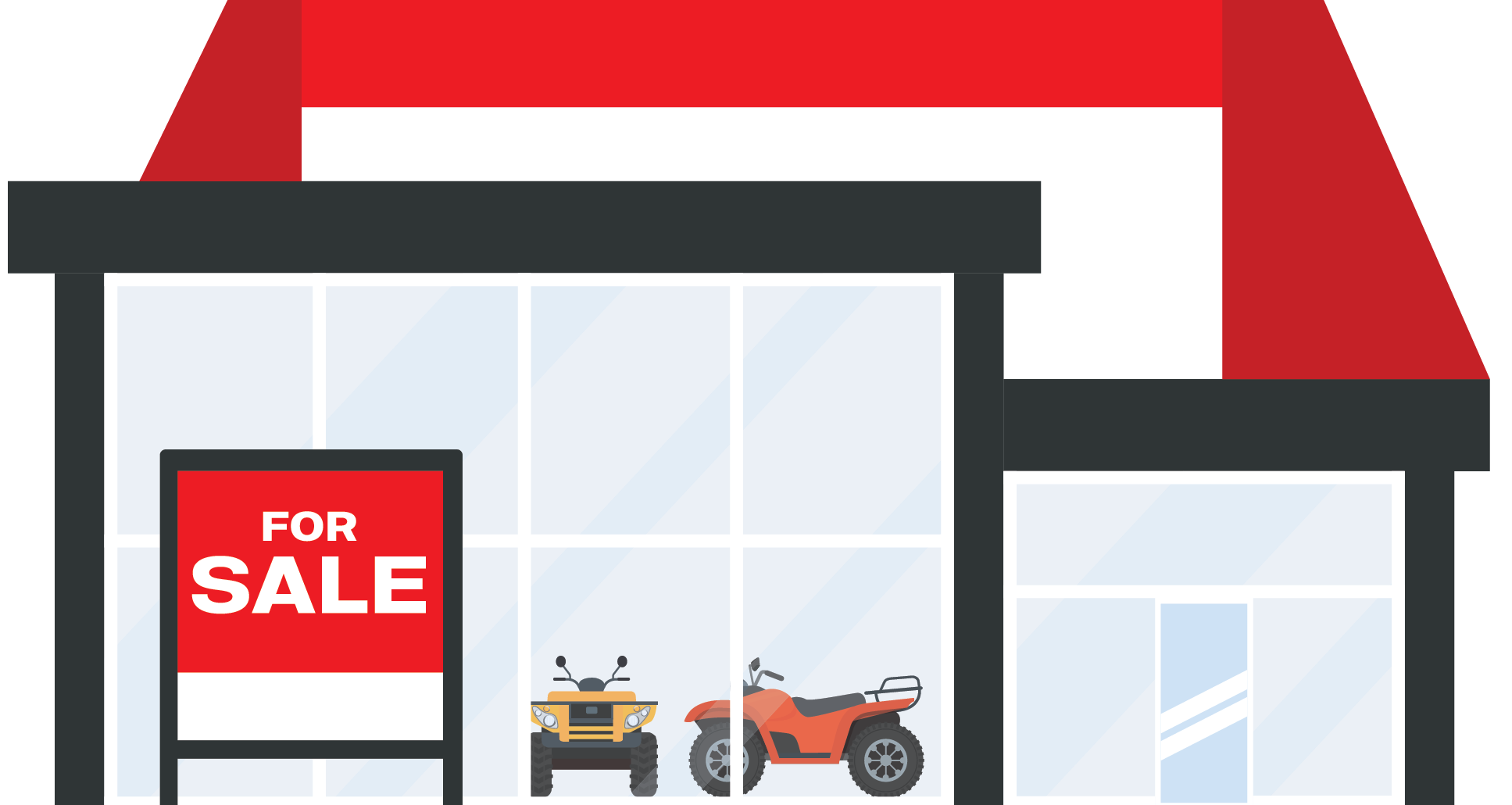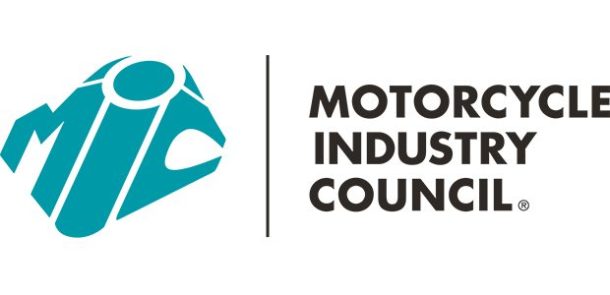Did you know there are apps for your computer, too?
 By now, you’re probably quite familiar with the ‘mobile apps’ you download on your mobile device. Depending on your device, you have a specific app store (like Google Play or iTunes) through which you search, review and download mobile apps. Depending on what you use your phone for, you’ll be interested in different types of apps ranging from fitness monitoring, social media, traffic patterns or maybe just mindless games to pass time. After you select the app to download, an icon appears on your phone when the app is available for you to access. You know which store to download the app from, you know what you want to use the app for and you know where to find it on your phone. Easy, right? You’ve mastered the art of downloading apps. But wait…
By now, you’re probably quite familiar with the ‘mobile apps’ you download on your mobile device. Depending on your device, you have a specific app store (like Google Play or iTunes) through which you search, review and download mobile apps. Depending on what you use your phone for, you’ll be interested in different types of apps ranging from fitness monitoring, social media, traffic patterns or maybe just mindless games to pass time. After you select the app to download, an icon appears on your phone when the app is available for you to access. You know which store to download the app from, you know what you want to use the app for and you know where to find it on your phone. Easy, right? You’ve mastered the art of downloading apps. But wait…
Did you know there are also apps available for your computer? These ‘desktop apps’ have their own specific app stores (like Microsoft App store or Apple App store), just like mobile apps. They’re referred to as desktop apps not because you can only use them on a desktop computer, but because you download the app and it lives on the desktop of your computer (laptop or desktop model). Depending on the operating system you have and what you use your computer for, there are different desktop apps available to help improve performance and functionality on your personal machine. You may not realize it, but many of the computer programs you use on a daily basis are desktop apps (think Microsoft Excel and Adobe Acrobat). These desktop apps provide specific functionality that make your life easier.
By definition, a ‘desktop app’ or desktop application, is any software that can be installed on a single computer (laptop or a desktop) and used to perform specific tasks. Sometimes you can accomplish similar tasks using what we call ‘browser-based apps’ — these are apps that run in an Internet browser (like Chrome or Edge) and therefore do not have to be downloaded to your personal computer. Browser-based apps can provide a great deal of functionality, but there are advantages to using a desktop app.
Some desktop apps run offline, and others rely on an Internet connection depending on the functionality they provide. For desktop apps that utilize an Internet connection, they exist within a controlled environment that allows them to bypass typical issues with browser-based apps that could slow performance, like browser add-ons and plug-ins. A desktop app lives on your personal machine, which allows for enhanced hardware integrations that increase performance, enable faster communication between devices and speed up processes like printing, scanning, label printing and customer transactions. These hardware integrations are beginning to open up the potential for security enhancements like facial recognition for login, RFID technology for quick and accurate inventory, and POS (point of sale) enhancements for an improved customer experience.
Desktop computers are powerhouses. Browser-based apps are limited because they can’t harness the full power of the desktop; conversely, desktop apps like Excel, Word and Photoshop have the ability to provide you with faster response, better performance and an optimal user experience. They can utilize the RAM, CPU hard drive and fast connections to printers to make the application fly. If you’ve ever tried to print from browser-based applications like Google Drive or DropBox, you probably noticed it takes a while. That’s because the servers in the cloud are doing the formatting. With a desktop app, printing is instantaneous because all of the formatting is done on your desktop. Desktop apps enable you to perform some tasks much more quickly because they take advantage of the power and functionality available through your desktop computer.
Similarly, there are reasons some apps are designed for your computer and some for your mobile device. And in some cases, the same program will offer both a desktop app for your computer, and a ‘mobile app’ for your mobile device — if you have kids, think Minecraft (desktop) and Minecraft PE (mobile). The mobile and desktop versions of the app are optimized for each respective device, and they offer appropriate functionality based on the device you’re using. Because you utilize a desktop app on your computer, it makes more sense for ‘desktop apps’ to offer a lot more functionality as compared to a mobile app for your phone. I’m sure there are things you’d rarely try to do on your phone, like type up a 14 page document, because it’s much more efficient on a computer. Following suit, mobile apps for your phone generally have less functionality that’s very specific to the tasks you’d want to perform from your mobile device. Desktop apps have a lot of functionality because you have an optimal device (your laptop or desktop computer) to perform the tasks.
As technology evolves and we continue to see an increased need for faster performance, more efficient transactions and improved security, you’re going to see specialized desktop apps coming to market. Don’t be afraid of these desktop apps, and don’t confuse them with mobile apps — you wouldn’t want this kind of functional capacity on your phone! Browser-based apps are still going to be around, but when you’re looking for optimized performance and functionality, see if there’s a desktop app available for your specific purpose. If there is, download it and you can thank me later.
Kim Rocco is the director of Marketing for DX1, the complete dealership management platform for the powersports industry. DX1 gives dealers access to everything they need to manage and market their dealerships, including DMS, website & online marketing tools. Dealers save time and eliminate frustration with the efficiency of one login, one dashboard and a single database where customer and inventory data is stored.
Website: www.dx1app.com








